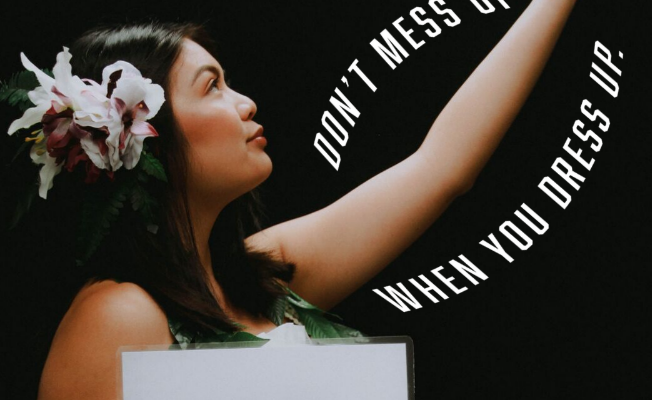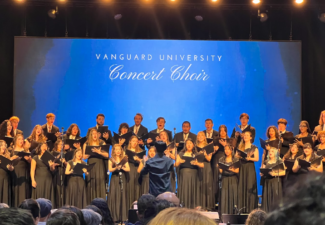It’s officially spooky season and Halloween is around the corner. For many of you, the thought of picking costumes and coordinating with friends is fun and exciting—endless possibilities flood your group chats and Pinterest boards.
For others, the thought and possibility of students wearing costumes of other cultures that perpetuate stereotypes are not only disheartening and offensive but it affects one’s comfort in social spaces, their participation at events and in the classroom, and instills fear of constantly being misunderstood. Believe it or not, but this has been the experience of many Vanguard students.
Every year around Halloween, and even throughout the year, many universities have had incidences of racism in the form of costumes, whether that was the intention of the students who wore the costumes or not. Regardless of the intention, the impact of these actions is hurtful and harmful to the people group the students are pretending to be.
Some examples of costumes that are culturally insensitive include blackface, Native American or Indian “chiefs,” immigrants, Geisha’s, etc. For a tight-knit community like Vanguard, wearing costumes that make fellow students feel mocked or marginalized is simply unacceptable.
To educate the student body on these issues, the Office of Diversity & Inclusion, also known as The Pier, has run a “My Culture is Not Your Costume” campaign in the hopes of encouraging Vanguard students to show respect to different cultural groups and refrain from projecting stereotyped images of people groups during the Halloween season. You may have seen these posters across campus or the video played in chapel.
The purpose of this campaign is not to restrict your costume choices but to call us, as Christians, to a higher standard of respecting others, and to help us understand what it looks like to be allies to marginalized people groups and cultures.
When someone wears a costume of a culture that is not their own, even with “good intentions,” it is as though they are making fun of or mocking that culture. While you may choose to wear the costume for a day, the cultural stigmas stay with those who identify with these cultures for life.
The adoption of elements of one culture by members of another culture is called “cultural appropriation,” a term you might have been hearing across campus. This term carries a lot of weight for minority cultures because the very elements of their culture they are punished for, members of the dominant culture are praised for.
We see cultural appropriation everywhere from the way many Americans celebrate Cinco de Mayo or St. Patricks’ Day to the Native American mascots of NFL football teams to the Kardashians’ obsession with and adoption of black culture.
As a Christian community, we are simply asking for everyone to educate themselves on what it looks like to truly respect one another and love your neighbor; not just on Halloween, but all year long.

 The Liturgical Calendar: Should Christians Observe It?
The Liturgical Calendar: Should Christians Observe It? Embracing Authenticity in the Pursuit of Success: A Reflection on Journalism, Education, and Meaningful Academia
Embracing Authenticity in the Pursuit of Success: A Reflection on Journalism, Education, and Meaningful Academia Spring Concert: Music From Around the World
Spring Concert: Music From Around the World Recycling on College Campuses
Recycling on College Campuses
Leave a Reply